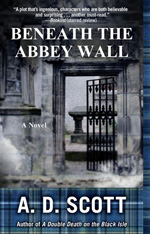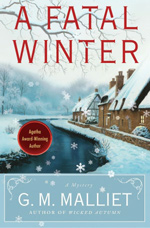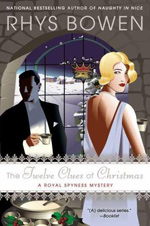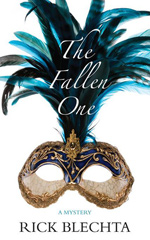Michael Palmer: Political Suicide
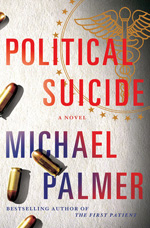 I’m immune to John Sandford and James Patterson, but I’m a sucker for Michael Palmer, a medical thriller writer whose books are a complete guilty pleasure. Usually I get an advance copy in December, right about the time I’m fried by Christmas, and it’s just the ticket for relaxing at the end of a busy day.
I’m immune to John Sandford and James Patterson, but I’m a sucker for Michael Palmer, a medical thriller writer whose books are a complete guilty pleasure. Usually I get an advance copy in December, right about the time I’m fried by Christmas, and it’s just the ticket for relaxing at the end of a busy day.
Palmer has written a long string of medical “stand alones,” but it seems like he now may be tackling a series, beginning with his most recent paperback, Oath of Office. In that book he introduces Dr. Lou Welcome, an ER doc, recovering drug addict, and divorced father who also works in the Physician Wellness Office (PWO) where he mentors physicians with substance abuse issues.
